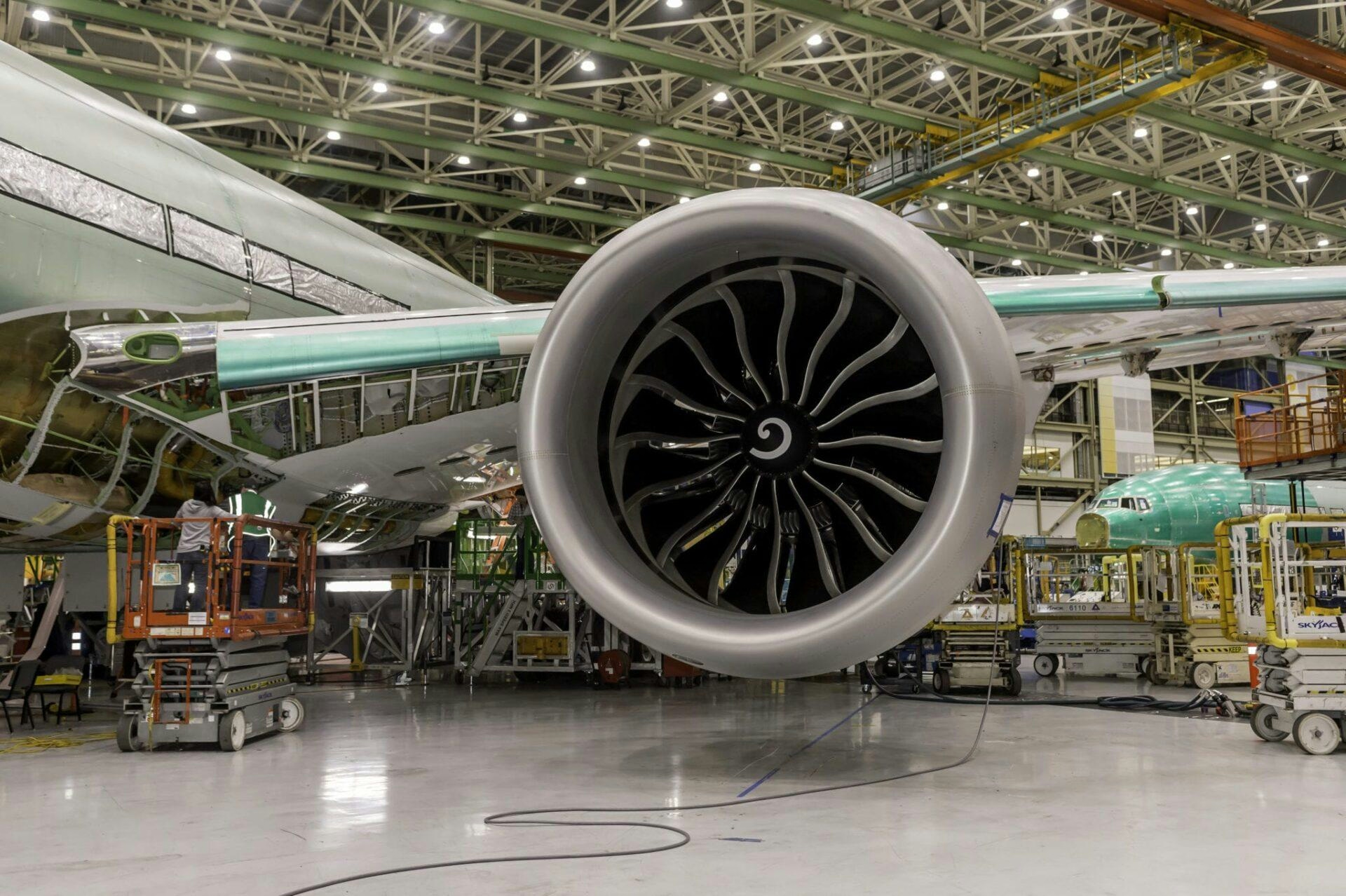AeroGenie — Tu copiloto inteligente.
Tendencias
Categories
Gulf Air Orders 18 Boeing 787s, Chooses GE Aerospace Engines

Gulf Air Commits to 18 Boeing 787 Dreamliners, Opts for GE Aerospace Engines
Gulf Air, the prominent Middle Eastern carrier, has placed a significant order with Boeing for up to 18 Boeing 787 Dreamliner aircraft. The agreement includes a firm commitment for 12 planes, with options to acquire six additional units, providing the airline with flexibility to expand its fleet in response to future demand. In a strategic departure from its existing fleet, Gulf Air will equip these new aircraft with engines supplied by GE Aerospace, moving away from the Rolls-Royce Trent 1000 engines currently powering its 10 Dreamliners.
Strategic Shift in Fleet Modernization
This decision represents a calculated shift by Gulf Air as it seeks to modernize its fleet and enhance operational efficiency. By selecting GE Aerospace engines, the airline anticipates benefits in terms of improved performance, greater reliability, and potentially reduced maintenance costs. The move comes amid ongoing challenges faced by Rolls-Royce with the Trent 1000 engine, which has encountered durability and maintenance issues, prompting several carriers to reconsider their engine suppliers.
For Boeing, the order reinforces the strength of its 787 Dreamliner program, which is widely regarded for its fuel efficiency and advanced technological features. The deal also reaffirms Boeing’s enduring partnership with Gulf Air, a key customer in the strategically important Middle Eastern aviation market.
Implications for GE Aerospace and the Global Market
GE Aerospace stands to gain considerably from this contract, as demand for its engines continues to grow. The timing of Gulf Air’s selection coincides with broader shifts in the global aerospace industry. Notably, the recent easing of U.S.-China trade tensions has enabled GE to resume shipments of jet engines to COMAC, China’s state-backed aircraft manufacturer aiming to challenge the dominance of Airbus and Boeing. This development is poised to influence competitive dynamics within the sector, as COMAC intensifies its market expansion efforts and engine suppliers like GE navigate an increasingly complex geopolitical environment.
Gulf Air’s decision to switch engine suppliers underscores a proactive approach to ensuring fleet reliability and cost-effectiveness, a common practice among airlines striving to optimize performance and manage operational expenses. The move also aligns with GE Aerospace’s strategic objective to sustain and grow its market share amid evolving global supply chains and geopolitical uncertainties.
This agreement highlights the dynamic and competitive nature of the aviation industry, where strategic partnerships and technological innovation remain central to future growth. Boeing’s success in securing this order, combined with Gulf Air’s commitment to fleet modernization and GE Aerospace’s strengthened market position, exemplifies the ongoing evolution within the global airline sector.

Capital A Completes Sale of Aviation Business to AirAsia X

Four Gateway Towns to Lake Clark National Park

PRM Assist Secures €500,000 in Funding

InterGlobe Aviation Shares Rise 4.3% Following January Portfolio Rebalancing

Key Market Segments Shaping Airline Route Profitability Software

Locatory.com Gains Traction Among Aviation MROs and Suppliers

JetBlue Flight Makes Emergency Landing Following Engine Failure

58 Pilots Graduate from Ethiopian University

The Engine Behind Boeing’s Latest Widebody Aircraft

UBTech Shares Rise After Airbus Orders Humanoid Robots
